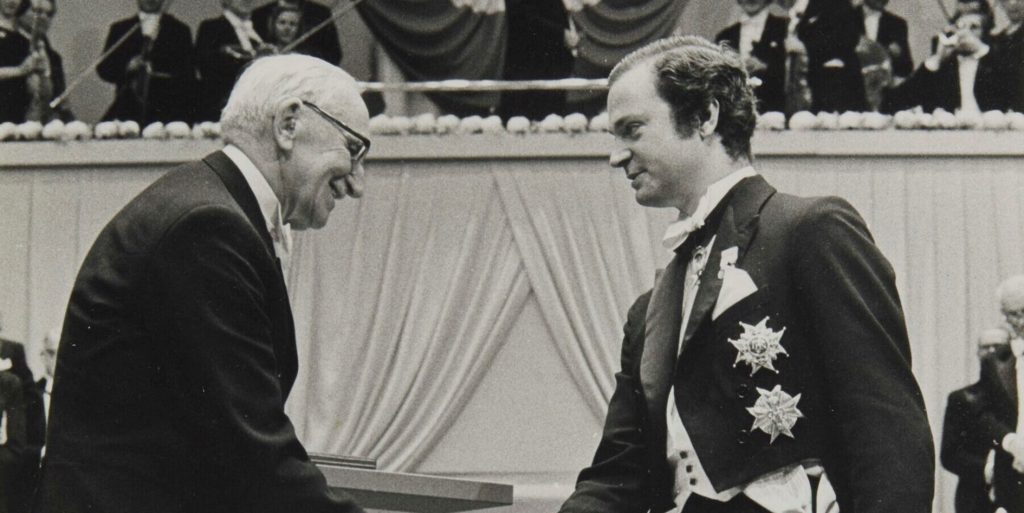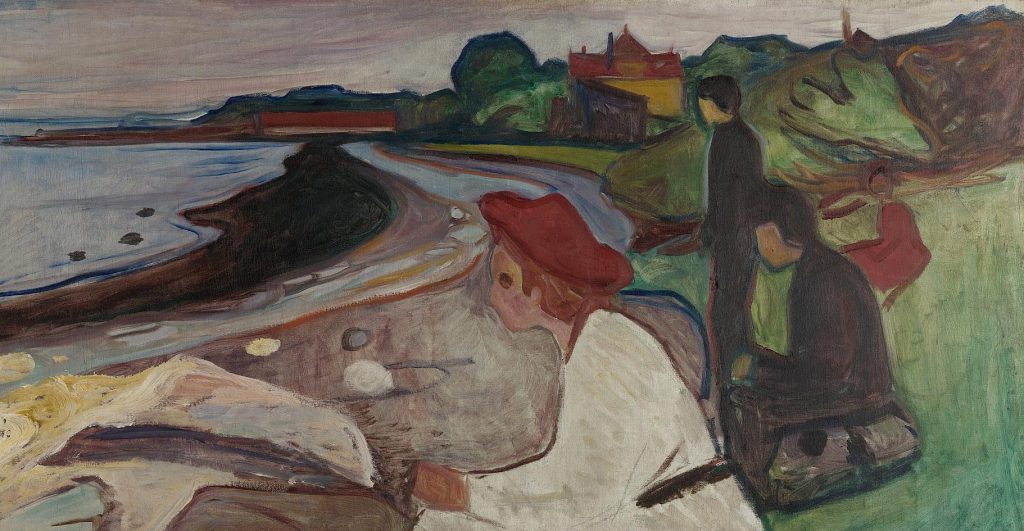![Election Rigging of the Parliamentary Elections in Georgia with Alexander Zibzibadze [PODCAST] Election Rigging of the Parliamentary Elections in Georgia with Alexander Zibzibadze [PODCAST]](https://4liberty.eu/phidroav/2024/12/Alexander-Zibzibadze-1469x800-1-1024x561.png)
Election Rigging of the Parliamentary Elections in Georgia with Alexander Zibzibadze [PODCAST]
What is the outcome of the parliamentary elections in Georgia? What should we know about the authoritarian evolution of the Georgian Dream ruling party? What was the role of the Russian war in Ukraine on the politics in Georgia? What is the way forward? And what should the European Union do about these recent developments?




![Strategic and Geopolitical Vision of the EU with Nicu Popescu [PODCAST] Strategic and Geopolitical Vision of the EU with Nicu Popescu [PODCAST]](https://4liberty.eu/phidroav/2024/12/Nicu-Popescu-1469x800-1-1024x561.png)



![How Russian Economy Is (Not) Doing Well [4liberty.eu Newsletter] How Russian Economy Is (Not) Doing Well [4liberty.eu Newsletter]](https://4liberty.eu/phidroav/2020/05/Cornelis_Norbertus_Gysbrechts_005.jpg)


